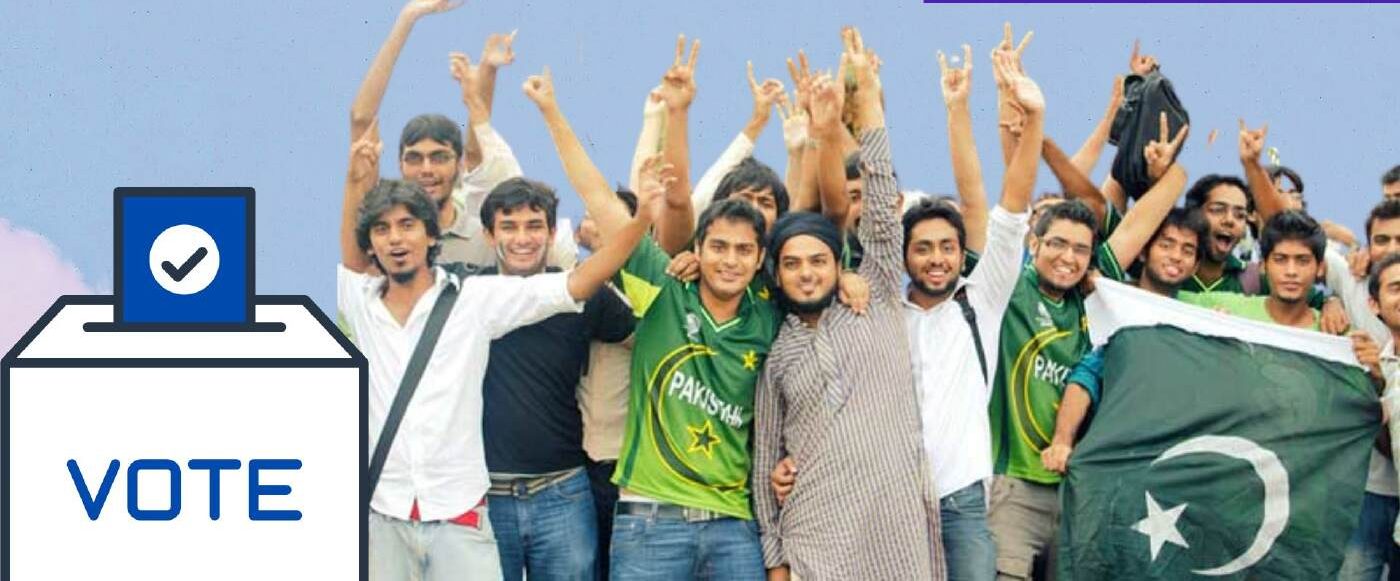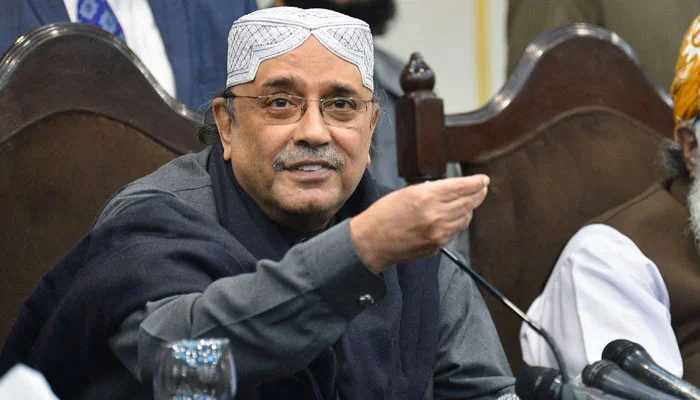The Election Commission of Pakistan shared data depicting an increase to 56.86 million young voters in contrast to from 46.43 million in 2018, showing a significant influx of approximately 10.43 million voters from the last time the general elections were held in Pakistan. The buzz behind this statistic has not only expressed surprise at the change that has emerged for the 2024 elections, but has also started a conversation regarding the power the youth of Pakistan hold in having a role in establishing a better government for themselves, and what the undercurrents of the consequence of this change in the interest of the youth to assert their right to autonomy.
The sudden bridging of the gap that had previously kept this demographic alienated from politics can be explained as a result of the desire of the youth to shape a future for themselves that focuses on their issues. In a survey conducted by research company IPSOS, titled ‘Political Participation and Landscape of Pakistani Youth’, 2000 participants ranging from the age of 18 to 34 emphasized on inflation as a critical issue, and that the casting of the vote is contingent on this issue being solved. There was a trend towards focusing on areas of improvement directly connected with standards of living, such as in health and education. Interestingly enough, with the widespread controversies and conspiracy theories that have plagued these elections since the expectation of them being held, there was a lack of interest depicted by the youth in this politically-charged backdrop. In fact, the possibility of the military interfering in governing was not seen as important for them in contrast to focusing on what can be done to improve the living situation for Pakistanis, and according to the data, three in five young people in Pakistan believe that politicians do not understand what their issues or concerns are.
Paving an Era
While statistics regarding voter data is significant in the recording a moment in history in a way that makes sense to us quantitatively, it does little to explain, or to put into words, how monumental it is to observe a change in consciousness in the youth of Pakistan – one that may be disillusioned by hope of being represented by political leaders, but one that is also now productively asserting their autonomy to vote, to build a better future for themselves.
Pakistan’s democratic history is not without struggle. However, there has been an alienation felt from this current generation towards politics. Generally, if examining the social landscape we occupy currently, it could be drawn as one of the side effects of living in the time of technology. Data has shown that technology is having a remarkably adverse effect on the youth of today, observing an increase in anti-social behavior, aided by the escapism that social media apps and other technological commodities, such as video games, offer. We can extend this detachment from social bonds to the previous alienation that our youth showed towards politics as one of the commentaries to explain this cultural change that has taken place in Pakistan’s milieu.
But most significantly, we are observing the paving of an era in Pakistan’s history in which, despite our hardships, our citizens have chosen, once again as time has told and will continue to tell, to combat them. Moreover, the fact that it is our younger generation that is stepping out to assert their right to be represented and heard is a phenomena that depicts a social change which only raises hopes for what is to come, and what is to pass, on Feb 8.
– Namrah Ishfaq
PNP Election Cell
This post has been submitted by one of our interns. PNP Internship Program is an exciting career opportunity for Pakistani university students to get hands-on valuable experience required in national and international job market.
In order to ensure transparency, accuracy and accountability to our readership, please report whenever any error found or need to clarify /correct the post.



